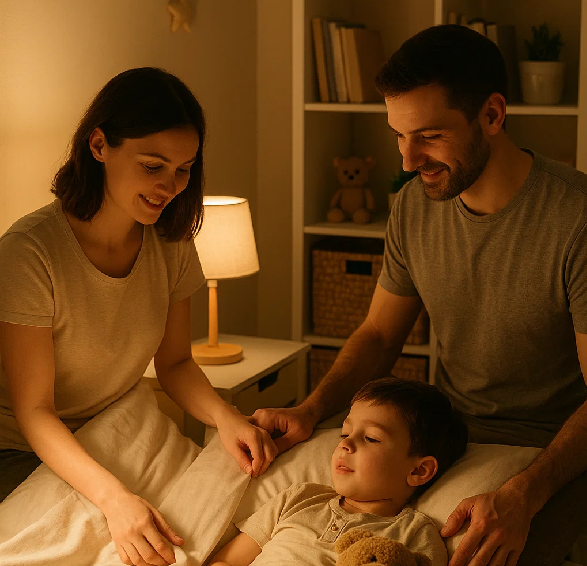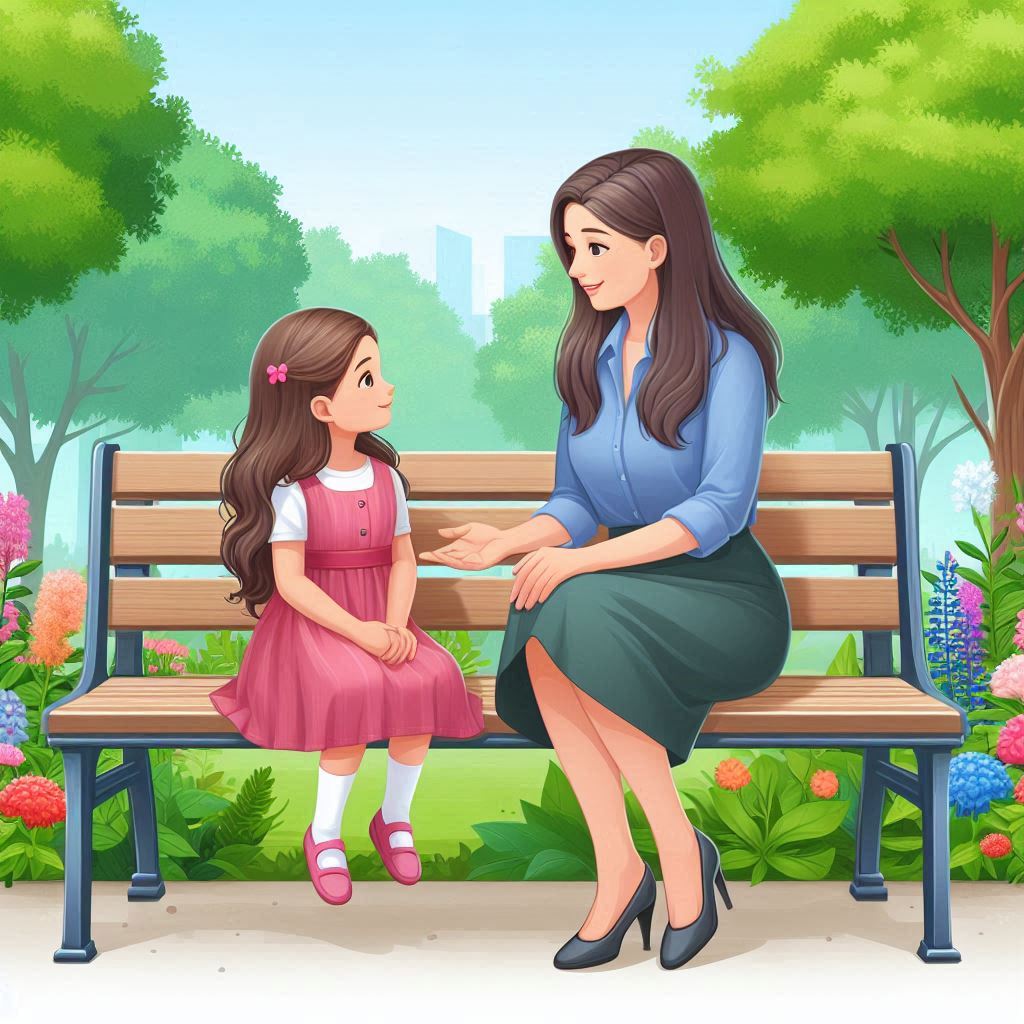Perspectives from Psychiatric Clinic on Effective Parenting
A psychiatric clinic doesn’t just help individuals manage mental health, it also serves as a resource for families seeking guidance on emotional wellness, communication, and behavior.
Parenting, after all, plays a critical role in shaping a child’s psychological development. Many clinics emphasize that good parenting isn’t about perfection, it’s about consistency, empathy, and structure. Understanding how to apply these principles can lead to more effective parenting and a healthier family dynamic.
Create Clear Boundaries and Routines

Children thrive when they understand expectations. If you wish to reduce confusion and anxiety, then it will be vital to have clear set of rules, and also, be consistent with your routine.
Mealtimes, bedtimes, and screen time should follow predictable schedules to help children feel secure. This consistency also teaches accountability and respect. When routines are maintained, children are more likely to develop self-discipline and independence over time.
Practice Active Listening
For any parent, listening is the most basic, yet powerful tool you have in your arsenal. This means making eye contact, acknowledging feelings, and resisting the urge to interrupt or correct too quickly. Active listening helps children feel valued and understood, which builds trust.
Over time, kids who feel heard are more likely to open up about challenges, reducing the risk of emotional shutdowns or behavior issues.
Model the Behavior You Want to See
Always remember, children are learning from what they see and hear. Modeling respect, patience, honesty, and emotional regulation sets the tone for how your child learns to interact with others. For example, managing your own stress calmly teaches your child how to handle frustration. Showing kindness and practicing gratitude also encourages these values in children without having to lecture them.
Encourage Autonomy with Gentle Guidance
Giving children age-appropriate choices helps them develop confidence and problem-solving skills. This could mean letting a toddler pick between two outfits or allowing a teen to plan their study schedule. However, freedom should come with guidance. When children make mistakes, frame them as learning opportunities rather than failures.
How a Psychiatric Clinic can Support Parenting Challenges?
A psychiatric clinic can be a powerful partner in the parenting journey. These clinics provide access to therapists and counselors who specialize in child behavior, emotional development, and family dynamics. Whether a parent is facing defiance, anxiety in their child, or communication gaps at home, a psychiatric clinic can help identify root causes and develop personalized strategies. This guidance empowers parents with both confidence and clarity.


 Developing good dental habits early is crucial for children, and as a parent, you
Developing good dental habits early is crucial for children, and as a parent, you 


 In recent decades, South Korean culture and lifestyles have been increasingly influential worldwide; from fashion, to music. Esports, and even 마사지 사이트 (massage sites.) Except for the Korean style of parenting because not all parents support the method of applying corporal punishment. Just like in other Asian countries, parents are allowed to use corporal punishment when instilling discipline on their children. South Korean children have been observed as generally disciplined, very respectful and inherently well-behaved
In recent decades, South Korean culture and lifestyles have been increasingly influential worldwide; from fashion, to music. Esports, and even 마사지 사이트 (massage sites.) Except for the Korean style of parenting because not all parents support the method of applying corporal punishment. Just like in other Asian countries, parents are allowed to use corporal punishment when instilling discipline on their children. South Korean children have been observed as generally disciplined, very respectful and inherently well-behaved Relaxing and Rejuvenating at Least Once a Week – Inasmuch as spas and massage shops are quite common in South Korea, parents, particularly mothers, make it a point to spend at least one day of the week relaxing in a spa and massage studio. Part of the Korean lifestyle is to treat the body with a regular massage because it’s a way of regaining strength, of sustaining good
Relaxing and Rejuvenating at Least Once a Week – Inasmuch as spas and massage shops are quite common in South Korea, parents, particularly mothers, make it a point to spend at least one day of the week relaxing in a spa and massage studio. Part of the Korean lifestyle is to treat the body with a regular massage because it’s a way of regaining strength, of sustaining good 



